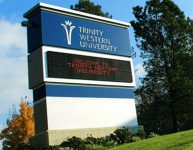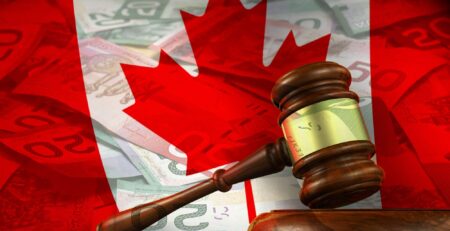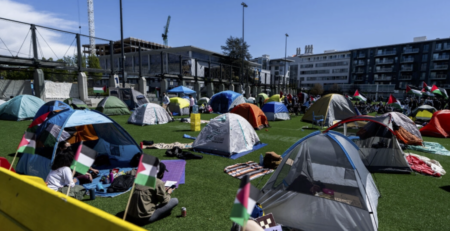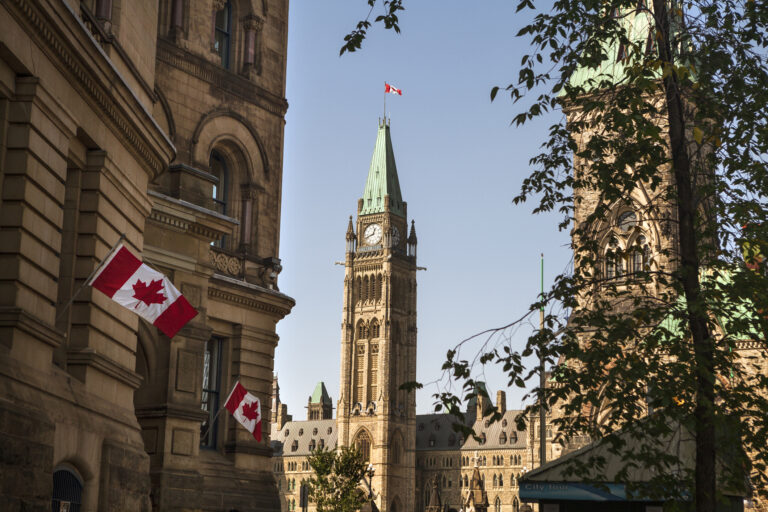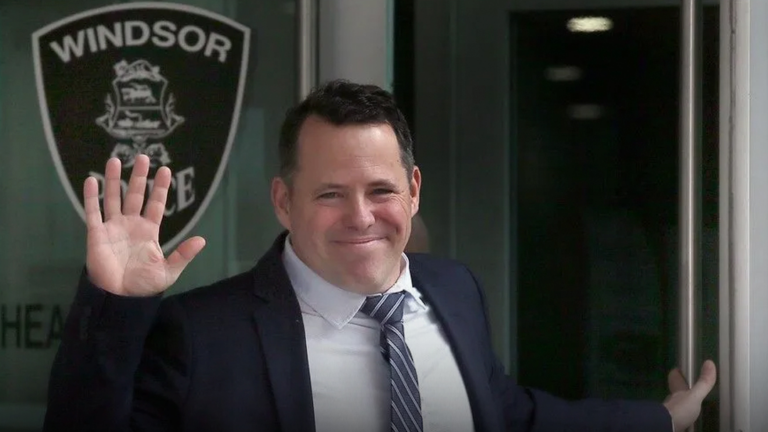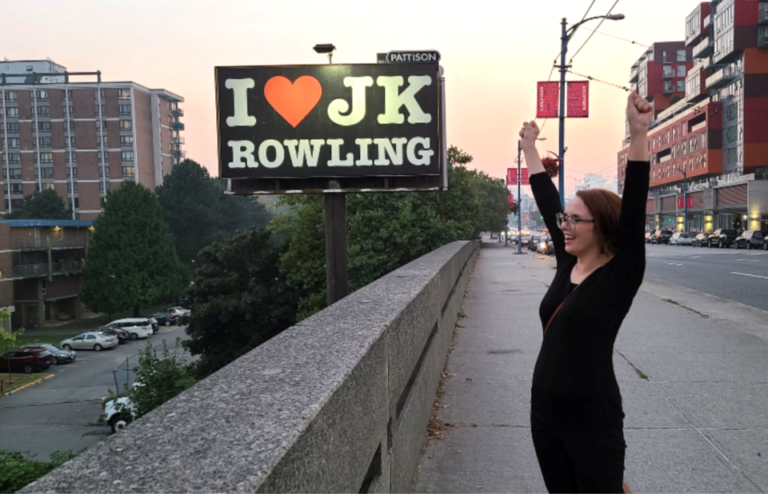On June 29, 2016, the Ontario Court of Appeal released its decision in Trinity Western University v. Law Society of Upper Canada. Ignoring the evidence of gay TWU alumni graduates who have spoken publicly about their positive experiences at TWU, the Court upheld the decision of the Law Society of Upper Canada to deny professional accreditation to Trinity Western’s law school graduates.
This decision is bad news for all Canadians who want to enjoy their freedom of association, guaranteed by Charter section 2(d), to form and join the voluntary groups, clubs, societies, organizations, and institutions of their own choice.
Toronto lawyer and Justice Centre counsel Daniel Santoro presented the Justice Centre’s argument in support of Charter section 2(d) freedom of association before a panel of justices, as did other interveners, in addition to argument presented by the actual parties: Trinity Western University (TWU) and the Law Society of Upper Canada (LSUC), on June 6, 2016.
The law societies of B.C., Ontario and Nova Scotia have ruled against recognizing the law program of Trinity Western University (TWU), a private Evangelical Christian university in Langley, B.C. The Federation of Law Societies of Canada has approved the law program of TWU as meeting academic and professional standards. Neither the Court of Appeal nor the LSUC does not allege that there is anything wrong with TWU’s law program, but claims that TWU’s Community Covenant discriminates against the LGBTQ+ community. The Community Covenant prohibits numerous legal activities such as vulgar or obscene language, drunkenness, viewing pornography, gossip, and sexual activity outside of the marriage of one man and one woman.
The Justice Centre previously intervened in this case at the Ontario Divisional Court in May of 2015, to argue for the Charter section 2(d) right to freedom of association, including the right of every charity, ethnic and cultural association, sports club, temple, church, and political group to establish its own rules and membership requirements. In July of 2015, the Ontario Divisional Court upheld the decision of the LSUC to refuse to recognize the law program of TWU.
“For a free society to remain free, its citizens must accept that other people can and do have radically different conceptions of reality, including unpopular ideas about sex and sexual morality. The Court of Appeal’s decision erred in recognizing a legal right to be free from hurt feelings, which undermines both freedom of expression and freedom of association,” stated Justice Centre president John Carpay.


